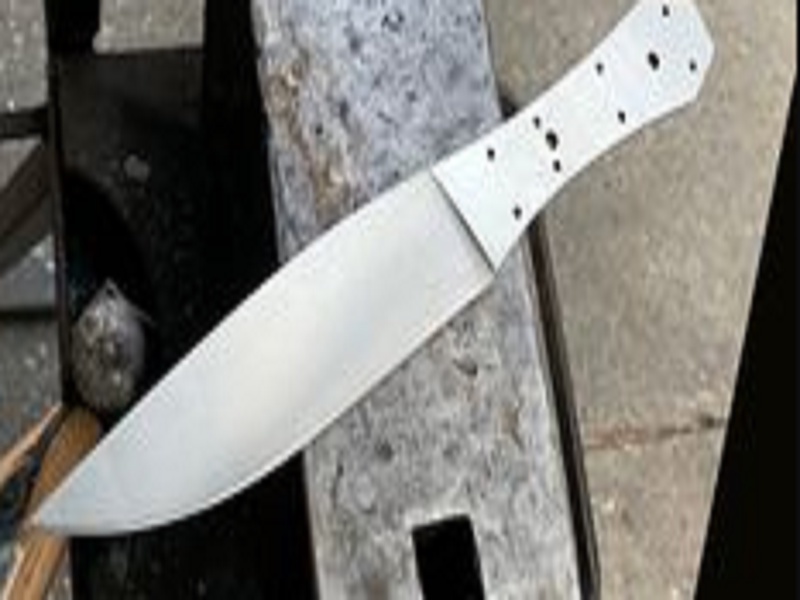Step into every kitchen and one piece of equipment sticks out above the rest: the dependable kitchen knife. A good knife, capable of converting raw ingredients into delightful masterpieces, is the backbone of culinary mastery. However, the significance of the kitchen knife materials used to make these blades is generally overlooked. The materials used to make kitchen knives may have a significant influence on your cooking experience, efficiency, and even the flavour of your food. In this article, we will discuss the significance of kitchen knife materials and the many possibilities available to assist you in making an informed selection.
Longevity and durability:
When selecting a kitchen knife, durability is an important thing to consider. The proper material guarantees that your knife will sustain regular usage without losing its sharpness or structural integrity. Because of its remarkable hardness, corrosion resistance, and long-lasting performance, high-carbon stainless steel, such as VG-10 or 440C, is a preferred choice. Knives manufactured from these materials keep their edge for a longer period, reducing the need for regular sharpening.
Precision and sharpness:
A high-quality knife can slice through food with accuracy. Sharpness and edge retention differ depending on the material. Carbon steel knives, for example, are noted for their exceptional sharpness, making them a great choice for complicated jobs such as thin slicing and mincing. Stainless steel blades, on the other hand, find a balance between sharpness and ease of maintenance, making them excellent for everyday usage.
Ease of Maintenance
Kitchen knives must be maintained regularly to preserve their longevity and peak performance. When it comes to upkeep, certain materials are simpler to maintain than others. Stainless steel knives are often easier to clean since they corrode and discolour less easily. They may, however, need more frequent honing. Carbon steel, while extremely sharp, requires extra care since it is prone to rust. Carbon steel knives must be cleaned, dried, and oiled regularly to stay in perfect condition.
Weight and Balance:
A knife's weight and balance impact its handling and comfort while in use. Knives with various densities have variable weights and balancing points. Ceramic knives, for example, are lightweight and maneuverable, making them ideal for delicate work. Meanwhile, heavier kitchen knife materials, such as Damascus steel or high-carbon stainless steel, provide more stability and control, allowing for more accurate cuts and less hand fatigue.
Craftsmanship and Aesthetics:
Kitchen knives may be works of art, displaying excellent workmanship and aesthetic appeal. Damascus steel lends a touch of beauty to any kitchen with its unique pattern generated by stacking various metals. Furthermore, knives manufactured of high-quality materials frequently exhibit outstanding craftsmanship, demonstrating attention to detail and a commitment to perfection.
Conclusion:
The importance of kitchen knife materials cannot be stressed when selecting a kitchen knife. The correct material influences the knife's longevity, sharpness, simplicity of maintenance, weight, and even appearance. Understanding the properties and characteristics of various knife materials enables you to make an educated selection that corresponds to your cooking style and preferences.


No comments yet